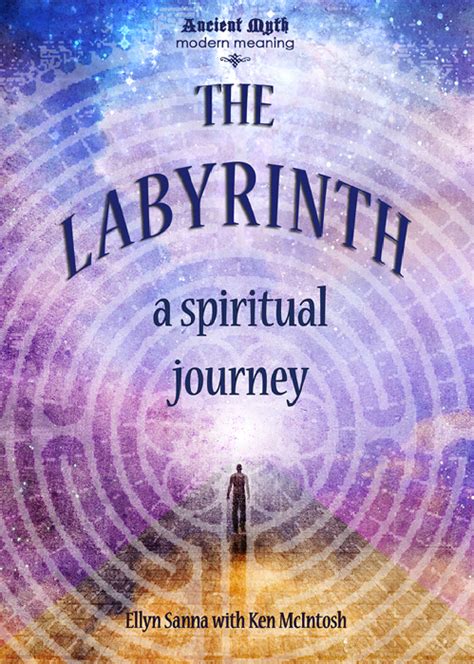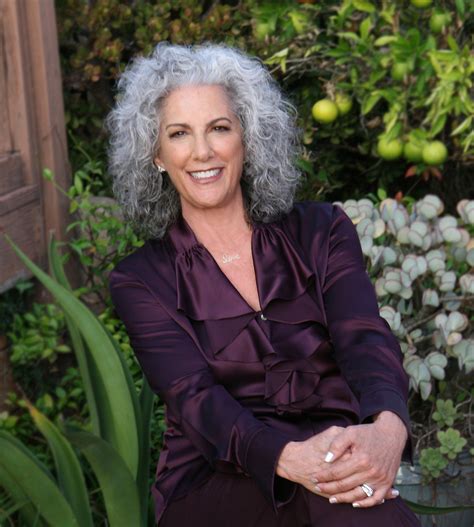A Quote by Eric Hoffer
We find it hard to apply the knowledge of ourselves to our judgment of others. The fact that we are never of one kind, that we never love without reservations and never hate with all our being cannot prevent us from seeing others as wholly black or white.
Related Quotes
The remarkable thing is that we really love our neighbor as ourselves: we do unto others as we do unto ourselves. We hate others when we hate ourselves. We are tolerant toward others when we tolerate ourselves. We forgive others when we forgive ourselves. We are prone to sacrifice others when we are ready to sacrifice ourselves.
If we don't love ourselves, we would not love others. When someone tell you to love others first, and to love others more than ourselves; it is impossible. If you can't love yourselves, you can't love anybody else. Therefore we must gather up our great power so that we know in what ways we are good, what special abilities we have, what wisdom, what kind of talent we have, and how big our love is. When we can recognize our virtues, we can learn how to love others.
Some of us can accept others right where they are a lot more easily than we can accept ourselves. We feel that compassion is reserved for someone else, and it never occurs to us to feel it for ourselves. My experience is that by practicing without 'shoulds,' we gradually discover our wakefulness and our confidence. Gradually, without any agenda except to be honest and kind, we assume responsibility for being here in this unpredictable world, in this unique moment, in this precious human body.
In knowledge of human affairs, we should never allow our minds to be enslaved by others by subjecting ourselves to their whims. We must maintain freedom of thought, and never accept anything of purely human authority into our heads. When we are presented with a diversity of opinions, we must choose, if we can; if we cannot, we must remain in doubt.
Where today are the Pequot? Where are the Narragansett, the Mohican, the Pokanoket, and many other once powerful tribes of our people? They have vanished before the avarice and the oppression of the White Man, as snow before a summer sun. Will we let ourselves be destroyed in our turn without a struggle, give up our homes, our country bequeathed to us by the Great Spirit, the graves of our dead and everything that is dear and sacred to us? I know you will cry with me, 'Never! Never!'
When we work so hard at our preparations for Christmas, we often feel cheated and frustrated when others fail to notice the results of our efforts. We need to ask ourselves why we are doing the things we choose to do. If love motivates us-love for our families, for our neighbors - then we are free to simply enjoy the actual process of what we do, rather than requiring the approval and admiration of others for the results of our labors.
Let us watch against pride in every shape - pride of intellect, pride of wealth, pride of our own goodness. Nothing is so likely to keep a person out of heaven, and prevent them from seeing Christ, as pride. So long as we think we are something we shall never be saved. Let us pray for and cultivate humility; let us seek to know ourselves correctly, and to find out our place in the sight of a holy God.
After a few (or many) bad relationships, its so easy to shut down, give up, and stop believing that the right person is out there for us. Our hearts yearn to fall in love, but our minds insist its not possible, and we enter into a tug-of-war with ourselves. Its as if one part of us is screaming, Yes! I deserve a great relationship! while another part insists, Ill never find him or her. When our beliefs contradict our desires, we experience an inner conflict that not only paralyzes us, but can actually prevent us from recognizing the possibilities for love that exist all around us.
Love is never easy. We begin by loving the things we can, according to our stature, but it is not long before we find that what we love is other than ourselves and that our love is no protection against being wounded. Do we then speak to dominate what we love, to make it bend to our will, to stop it from hurting us even though to do so is to betray love? And that is only where the difficulty begins.
In our concern for others, we worry less about ourselves. When we worry less about ourselves an experience of our own suffering is less intense. What does this tell us? Firstly, because our every action has a universal dimension, a potential impact on others' happiness, ethics are necessary as a means to ensure that we do not harm others. Secondly, it tells us that genuine happiness consists in those spiritual qualities of love, compassion, patience, tolerance and forgiveness and so on. For it is these which provide both for our happiness and others' happiness.





































